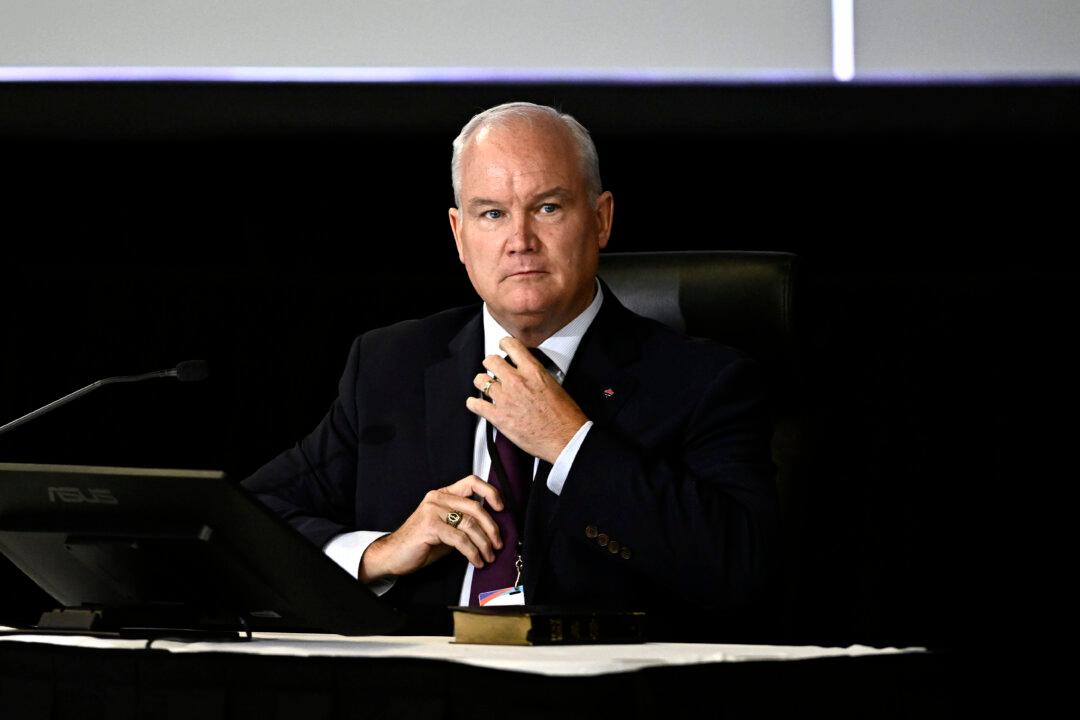Former Conservative Leader Erin O'Toole told the Foreign Interference Commission about a suspected influence attempt that involved being repeatedly approached by a “flirtatious” Chinese woman.
O'Toole recounted two incidents he believes may have involved foreign interference, according to a summary of interviews with commission counsel conducted in March and released on Sept. 18, which was first covered by Blacklock’s Reporter.





